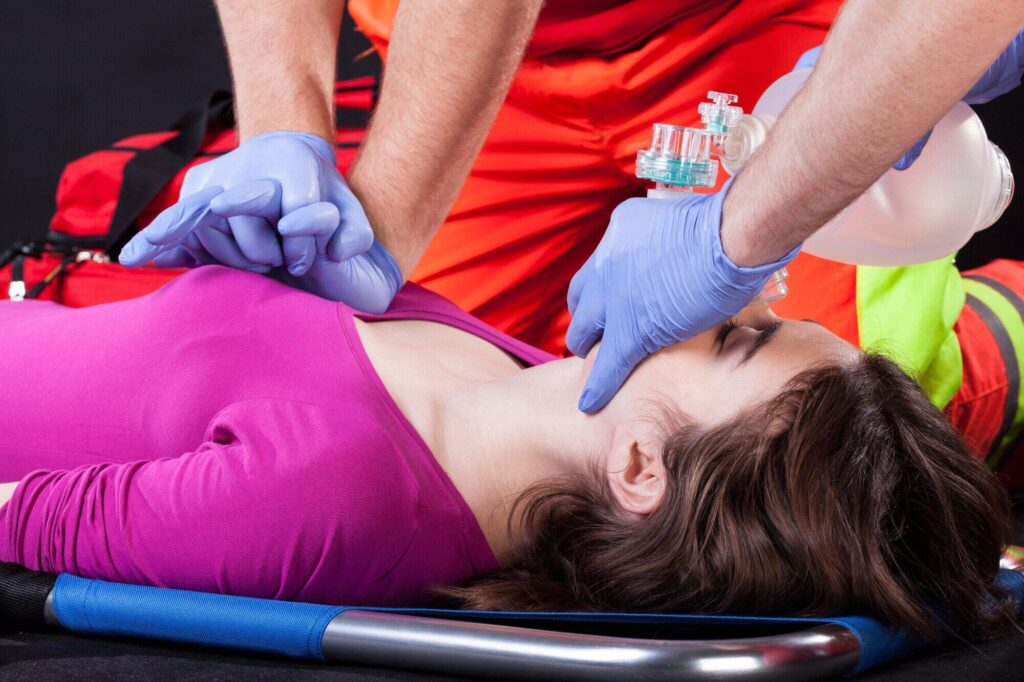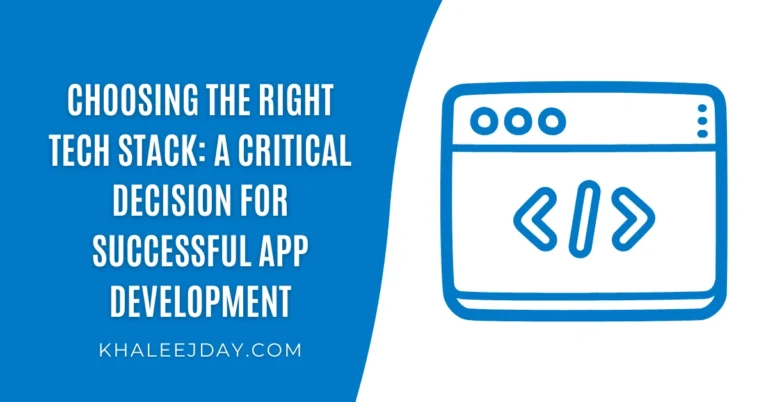Top BLS Training Courses for Healthcare Professionals
Looking to improve your emergency response skills?
BLS training courses are essential for healthcare professionals. This is especially for those who need to act fast in life-threatening situations. These courses teach critical techniques like CPR, AED use, and other basic life support procedures.

They’re also required for many clinical and hospital roles. Below are the top course options to help you stay prepared and certified.
Flexible Online Options for Busy Schedules
Healthcare workers often have tight schedules and long shifts. That’s why online BLS training courses are a popular choice. These courses allow professionals to learn at their own pace, often from the comfort of home. They typically include:
- video lessons
- quizzes
- practical assessments
Many online programs also provide printable certifications upon completion. This is especially useful if you check sites like https://cprcertificationnow.com/products/bls-certification or any that offer fast and convenient solutions.
Hands-On Training for Real-World Skills
In-person training gives learners the chance to practice life-saving skills in real scenarios. This type of training is ideal for those who prefer hands-on experience. Instructors guide students through each step and provide direct feedback.
Practicing on manikins helps learners build confidence. You also get to ask questions and interact with others in the course. This makes the learning process more engaging and memorable.
Renewal Courses to Stay Up to Date
BLS certifications are not lifetime credentials. They must be renewed every couple of years to ensure that your knowledge stays current. Renewal courses are shorter than the full certification program.
They focus on recent changes to guidelines and refresh your memory. This is critical because even small updates can affect how you respond in emergencies. Healthcare workers should always keep their credentials active and valid.
Blended Learning for a Balanced Approach
Blended BLS courses combine the convenience of online learning with the benefits of in-person practice. This format allows students to first complete the theory part online. After that, they attend a short in-person session for skill assessment.
It’s a great choice for people who want both flexibility and hands-on experience. Blended learning also helps reduce time away from work. It’s an efficient way to meet certification requirements without missing important shifts.
Courses Designed for Specific Roles
Some BLS training courses are tailored for certain medical roles. For example, courses for nurses may focus more on hospital-based emergencies. Those for EMTs or paramedics might include advanced scenarios.
Tailored programs help learners relate the content to their daily work. This improves understanding and makes the skills easier to apply. Choosing the right focus area can make a big difference in your readiness.
Advanced Options for Experienced Professionals
If you’ve already taken a standard BLS course, you might want to go further. Some training providers offer advanced-level courses that build on basic skills. These include extra techniques for team-based responses or critical care.
They are ideal for professionals in leadership roles or high-pressure environments. Advanced courses often include case studies and simulations. This type of training helps you handle more complex situations confidently.
Find BLS Training Courses for Healthcare Professionals
Choosing the right BLS training course depends on your role, experience, and availability. Whether you prefer online, in-person, or a blended format, there’s an option that fits your needs.
Keeping your certification up to date ensures you’re always ready to respond in emergencies. With the right training, you can make a real difference in patient outcomes.
For more topics, visit our blog! We have more!





